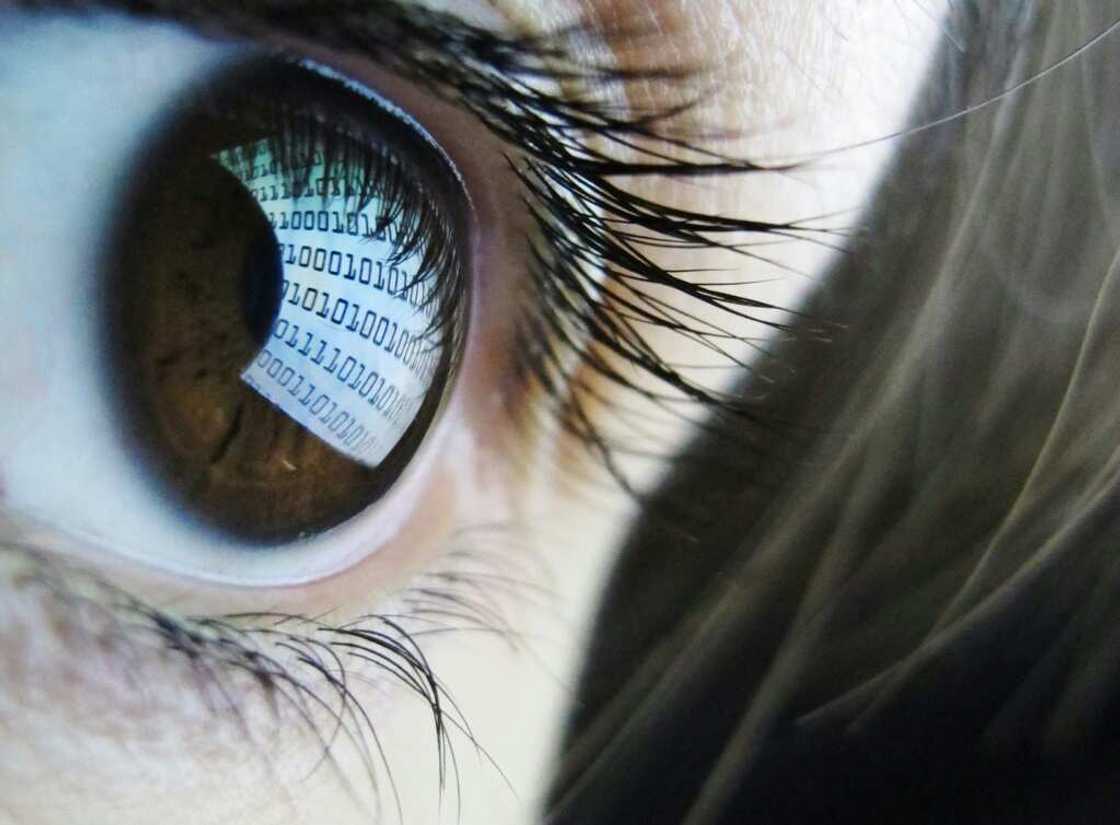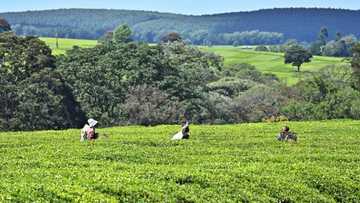Online manipulation, hate 'must stop': UN conference

Source: AFP
Digital platforms have changed how we interact, and urgent action is needed to stop the manipulation of users and hate speech, a UN conference in Paris heard Wednesday.
Hundreds of officials, tech firm representatives, academics and members of civil society were invited to the two-day meeting hosted by the UN's cultural fund to brainstorm how to best vet content while upholding human rights.
"Digital platforms have changed the way we connect and face the world, the way we face each other," UNESCO director general Audrey Azoulay said in opening remarks.
But "only by fully evaluating this technological revolution can we ensure it is a revolution that does not compromise human rights, freedom of expression and democracy."
Despite their benefits in communication and knowledge sharing, UNESCO has warned that social media platforms rely on algorithms that "often prioritise engagement over safety and human rights".
Azoulay said too few resources were assigned to educate users or moderate content, "which remains non-existent or questionable in most languages."
PAY ATTENTION: Share your outstanding story with our editors! Please reach us through info@corp.legit.ng!
'A polluted river'
Filipina investigative journalist Maria Ressa, who jointly won the Nobel Peace Prize in 2021 for exposing abuses under former president Rodrigo Duterte, said social media had allowed lies to flourish.
"Our communication systems today are insidiously manipulating us," she told attendees.
"We focus only on content moderation. It's like there is a polluted river. We take a glass... we clean up the water and then dump it back" in, she said.
But "what we have to do is to go all the way to the factory polluting the river, shut it down and then resuscitate the river."
She said that, at the height of online campaigns against her for her work, she had received up to 98 hate messages an hour.
A little over half sought to undermine her credibility as a journalist, including false claims that she peddled "fake news", she said.
The rest were personal attacks targeting her gender, "skin colour and sexuality" -- or even "threats of rape and murder".
'This must stop'
Brazil's President Luiz Inacio Lula earlier addressed the conference in a letter, pointing to how disgruntled supporters of his predecessor Jair Bolsonaro on January 8 invaded the presidential palace, Congress and the Supreme Court in Brasilia.
"What happened that day was the culmination of a campaign, initiated much before, and that used, as ammunition, lies and disinformation," he said.
"To a large extent, this campaign was nurtured, organised, and disseminated through several digital platforms and messaging apps," he added.
"This must stop. The international community needs, from now on, to work to give effective answers to this challenging question of our times."
Facebook whistleblower Christopher Wylie was also to contribute to the discussions.
The data scientist has revealed how he helped Cambridge Analytica, founded by ex-US president Donald Trump's former right-hand man Steve Bannon, to use unauthorised personal data harvested from Facebook to help swing a string of elections, including Trump's US presidential win in 2016.
"Many countries around the world have issued or are currently considering national legislation to address the spread of harmful content," UNESCO said in a statement ahead of the conference.
But "some of this legislation risks infringing the human rights of their populations, particularly the right to freedom of expression and opinion", it warned.
As a result of the conference, UNESCO aims to draw up global guidelines to fight disinformation and hate speech for governments, regulatory bodies and digital companies by mid-2023.
Source: AFP





